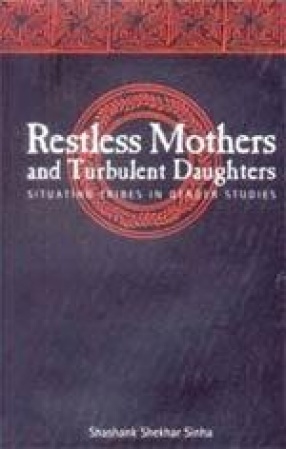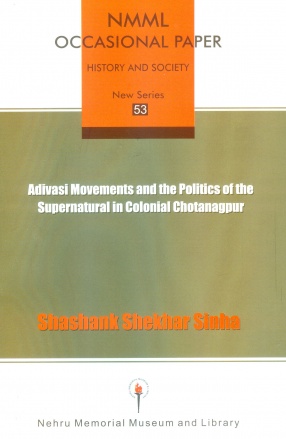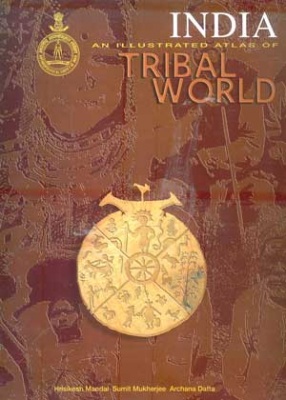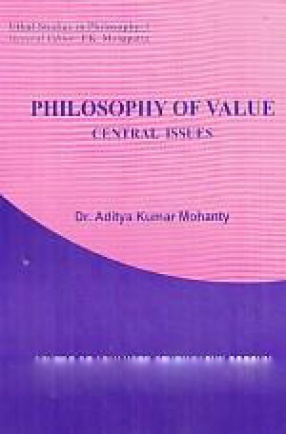Restless Mothers and Turbulent Daughters: Situating Tribes in Gender Studies
Synopsis
How is gender ideology reproduced in adivasi societies? How far can gender constructions be instrumental in perpetuating women's subjugation and exploitation? Focusing upon Chotanagpur, now a part of the newly formed state of Jharkhand, Shashank Sinha tries to raise questions that are of paramount concern yet are so peripheral in the existing studies on tribes and gender. Investigating traditions, an area largely ignored by historians and social scientists, Sinha tries to show how these can influence and structure the construction and reproduction of gender identities. It is true that women were hardly positioned as equals in adivasi societies, or, indeed, in mainstream Indian society, but they played an important role in the traditional division of labour. Women were the cultivators, they sold produce in the markets, and they sold their labour. Later they were to play a significant role in the adivasi uprisings against colonial exploitation. Under the impact of colonialism and market capitalism, they were pushed to the margins of resulting political economies. In addition, the infiltration of caste and religious influences brought about significant shifts in traditional gender identities. Women faced three systems of discrimination: patriarchy, colonialism and capitalism, all reinforcing, and on occasions, working in tandem with each other. This book discusses how women negotiated with these complex systems, sometimes visibly, sometimes invisibly. As a people to whom the forest encompassed a holistic world of habitat, livelihood, and most important, sacred space, becoming increasingly banished from its environs has been enormously traumatic. During the Mughal expansion, they began to lose their rights to farm forest land, its produce, and the right to residence, while they witnessed the bare-faced plunder of their traditional assets by outsiders, the dikus, encouraged to settle in these areas, to cultivate land and to trade. Dikus were also moneylenders and the adivasis were caught in a lethal trap of debt, with their meagre assets, especially their land, as collateral. British colonial policy accelerated these trends, which have been accelerated and not reversed at post-independence, though a new forest policy continues to be debated. Sinha depicts with empathy the adivasi woman's plight as she is forced to sell her unskilled labour as a reza or coolie, first in the railways, then in the mines, later in the construction industry, and is eventually subjected to forced migration to other areas in search of work, especially to the tea gardens of Bengal and Assam. He writes of her loss of control over her land, her labour, of the disintegration of the family unit and of her sexual exploitation. He also analyses the prevalence of witch-hunts, of the very concept of women as witches within the context of a disintegrating society. Writing on the Chotanagpur women, using the perspective and tools of gender studies, the author offers a path-breaking study of social change.
Read more
29.70
26.73
$
33.00 $
Free delivery Wolrdwidе in 10-18 days
Ships in 2-4 days from New Delhi
Membership for 1 Year $35.00
Get it now and save 10%
Get it now and save 10%
BECOME A MEMBER
Books by the same author








Bibliographic information